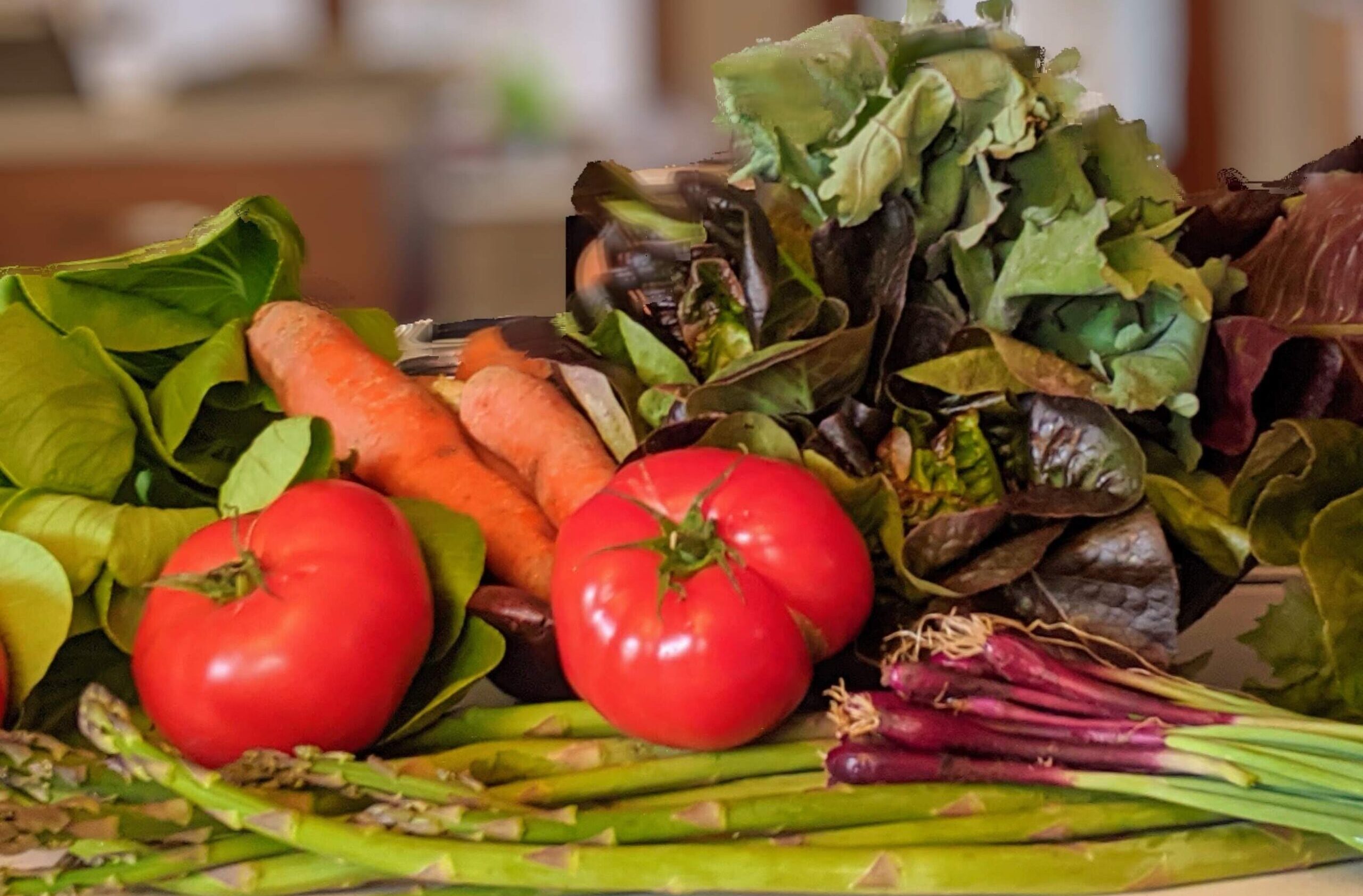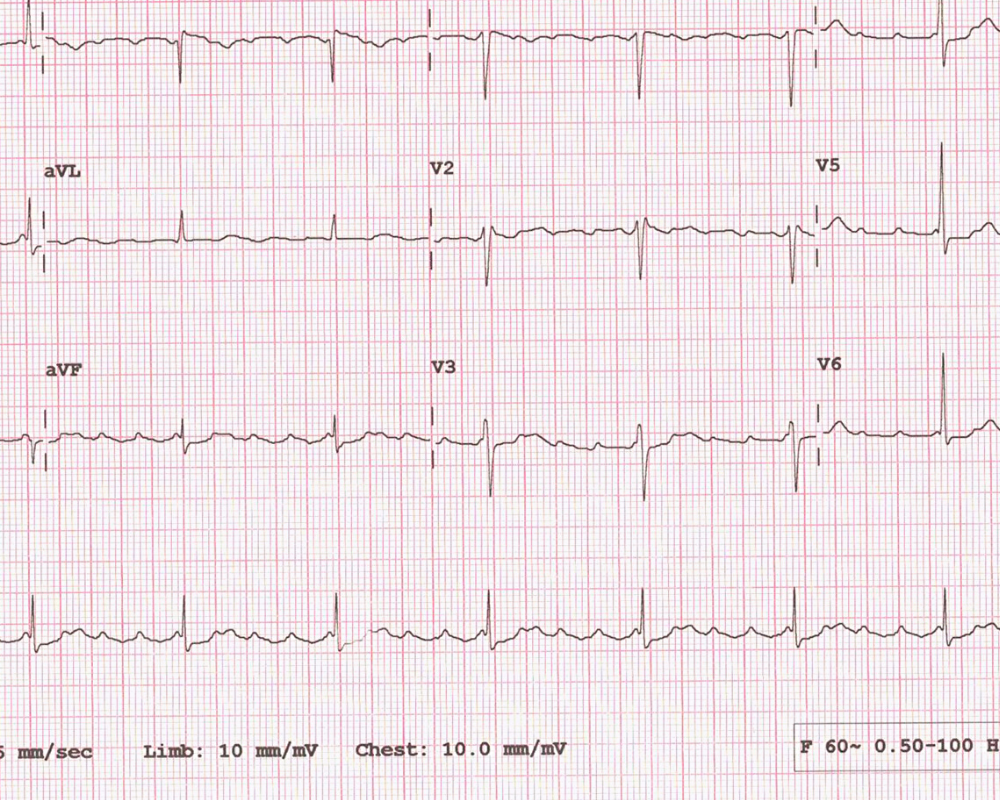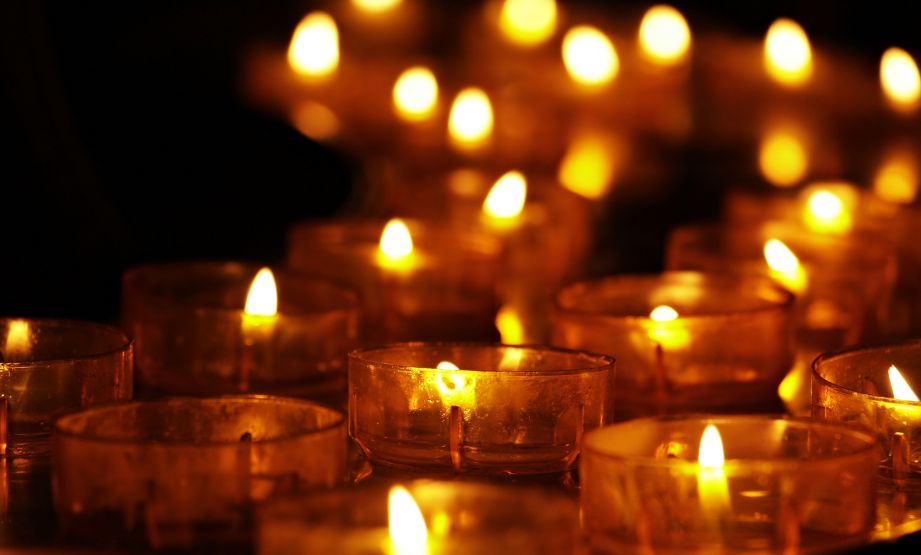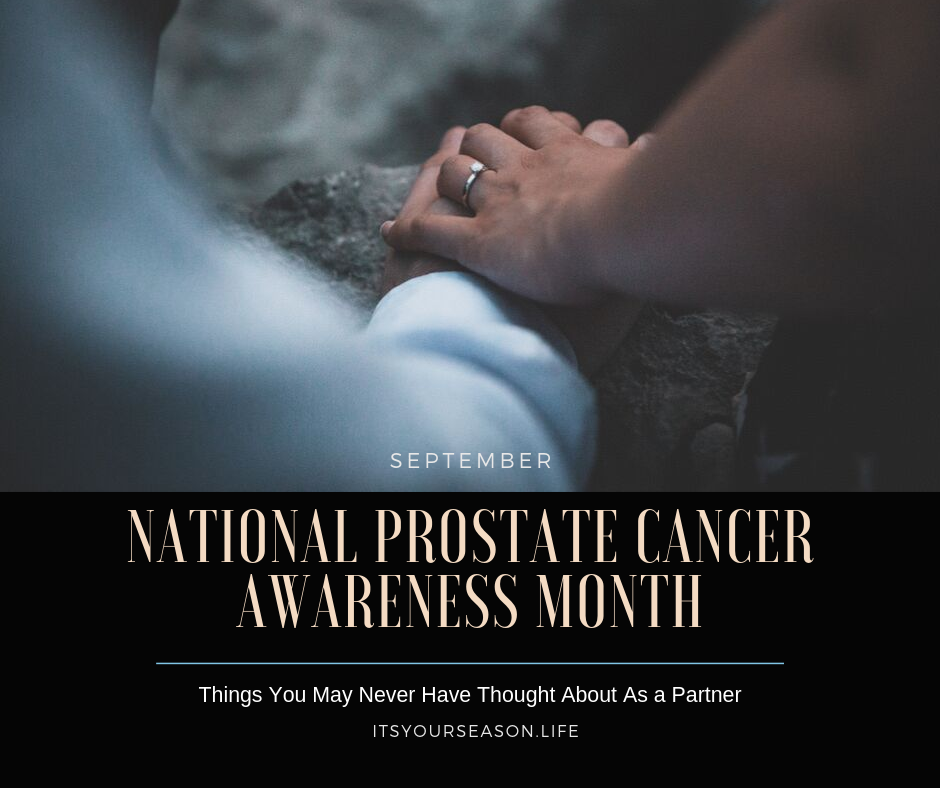How We Transformed into a Plant-based Lifestyle
 Over the last couple of years, people have asked me how my husband Mike and I transformed into a plant-based lifestyle, how we do it now, and how to make it last. This overview is in my workbook and part of my workshops, but I realized I didn’t have a quick “go-to” to share with those who have questions. So, here is the quick, compiled, chronological version of how we transformed into a primarily plant-based lifestyle. It’s not a long read, We didn’t get to our new place overnight. Your journey may be shorter, or longer. It just depends on you, your motivation, your skills, your desire to learn, and how you manage change.
Over the last couple of years, people have asked me how my husband Mike and I transformed into a plant-based lifestyle, how we do it now, and how to make it last. This overview is in my workbook and part of my workshops, but I realized I didn’t have a quick “go-to” to share with those who have questions. So, here is the quick, compiled, chronological version of how we transformed into a primarily plant-based lifestyle. It’s not a long read, We didn’t get to our new place overnight. Your journey may be shorter, or longer. It just depends on you, your motivation, your skills, your desire to learn, and how you manage change.
2008 – 2012
In 2008, my mother died of pancreatic cancer and my Dad died six weeks later from 10 years of complications from bypass surgery. At this same time, my husband’s cholesterol levels were a bit elevated and we were also watching his PSA levels slowly elevate. Some of this may not seem important except that I had an uncle and second cousin who both died of pancreatic cancer. I am now participating in a pancreatic cancer surveillance program. So, my radar immediately went up on cancer prevention and, after seeing my dad have so many years of serious co-morbid complications after open-heart surgery, it put my prevention radar into a high-screening mode.
 During those years, we were reading books on nutrition and cancer and decided we needed to add a lot more cruciferous vegetables in our diet. A lot. Like cups. So, we started adding two to four cups of cruciferous veggies every day specifically by using the sweet kale salad mixes available on the market. We did cut back some on meat but I still gravitated to selecting chicken, pork, lamb, or fish as the primary ingredient for a lunch or dinner meal. That is the way I grew up, I was taught, and lived. I sautéed, roasted or grilled, prepared a French sauce, assembled it with a few poorly cooked vegetables, and called it a meal.
During those years, we were reading books on nutrition and cancer and decided we needed to add a lot more cruciferous vegetables in our diet. A lot. Like cups. So, we started adding two to four cups of cruciferous veggies every day specifically by using the sweet kale salad mixes available on the market. We did cut back some on meat but I still gravitated to selecting chicken, pork, lamb, or fish as the primary ingredient for a lunch or dinner meal. That is the way I grew up, I was taught, and lived. I sautéed, roasted or grilled, prepared a French sauce, assembled it with a few poorly cooked vegetables, and called it a meal.
Fortunately, (now that I look back) our cardiologist believed in patient education and gave us the books The China Study and How to Prevent Heart Disease. He also suggested we watch the movie, Forks Over Knives. At first, I was shocked. In my 35+ years in healthcare (and sadly, most of it cardiopulmonary health), I had never seen a cardiologist talk to patients about diet as a means to prevent and reverse heart disease. In the 1990s, I coordinated a pulmonary and cardiac rehab program for 11 years. We were barely able to get a dietician to share more than low-fat eating. Monitored exercise was key. We introduced some stress management techniques (a bit too woo-woo for the times). We focused on medication regimens and of course, repeat medical interventions if necessary. But my husband and I did all he recommended. I bought in just a tad (not that much, really), partly because, as with many in my generation, meat was the mainstay at our table for as long as I can remember. I was young and infallible. The diet fads were all high protein and low carb. I was always struggling with weight and willing to try every magic diet out there.
2012 – 2016
Other than cruciferous vegetables, we still did not make huge transformational changes about meat. We ate a lot more veggies. But I still loved to cook beef bourguignon, porchetta, and we loved our Texas beef BBQ and TexMex. Over the next few years, we started experimenting with frozen meat protein replacements made by Morningstar, Quorn, and Gardein. We were doing great in regards to cruciferous vegetables but we still loved to eat out and did not think of ourselves as primarily plant-based. We still drank milk and ate cheese. “Plant-based” was not in our vernacular (I’m not sure it was even a “thing”) thus, vegan wasn’t even on our tongue. Over time, though, I created over 21 recipes that we ate routinely with the salad mixes and I wrote my first cookbook, “21 Days of Sweet Kale Salad Mix Recipes.” At first printing, some of the recipes used meat or fish, meat substitutions were possible to use and it did get us starting to think about cruciferous vegetables first on the plate – a big mind-bender for us!
2016 -present
In 2017, my husband’s mitral valve worsened and he had it successfully repaired. His cholesterol levels were a bit high, a tad over 200 and dropped within range with statins. His arteries were clear on the angiogram yet still, no cardiologist here recommended tightening up our diet, eliminating or drastically reducing meat, and certainly not milk or cheese. Nor in cardiac rehab classes.
Fast forward to 2018. My husband was diagnosed with advanced prostate cancer, much more advanced than we were prepared for. We met with an integrative medicine physician as part of our team during the initial diagnosis and treatment phase. Mike reread The China Study and we watched Forks Over Knives again. We YouTube binged on Drs. Caldwell Esselstyn, T. Collin Campbell, and Dean Ornish. Mike was convinced to make the change to full-on vegan. Casein and meat contribute significantly to cancer, especially dairy with prostate cancer. We needed everything to fight the cells that were floating around in his lymph nodes so they didn’t land in his bones. He came home for the oncologist appointment and announced he was going vegan overnight. Full-on no meat, cheese, or milk vegan.
I was still in shock from everything going on – diagnosis, treatment, and the future. I was upset that no one over the last four years in the medical establishment ever told us we could try to manage PSA and prostate cancer by eliminating dairy in our diet. I’m sure we read it and watched it in all the prior status book and video materials, but it didn’t sink in somehow from our medical professionals and we casually brushed it off. I really didn’t know where to start. I knew I didn’t want to be a short-order cook, so I had to get over the agony and go all in.
Magically, (seriously, magically) through the searches I was doing on the Google search engine to find the Forks Over Knives movie again, the Forks Over Knives online Rouxbe cooking class appeared on my Facebook page. It was a deal at the time ($299 for over 150 lessons). I thought it would focus my attention on learning to cook better, healthier, and more beautifully. In the classes, I learned how to cook vegetables, grains, and legumes without oil accurately. The course started with knife skills, moved through steaming, blanching, and roasting techniques, and then on to sautéing without oil. We progressed all the way to making vegan cashew cream and vegan cheese. It was not easy and was truly one of the hardest things I have done in a short period of time. There were grades, tests, videos to watch, and dishes to submit for a grade. For me, it seemed harder than my graduate degree work.
One of the benefits of the course was viewing the beautiful dishes the other 20,000 participants around the world were presenting for the task projects. Most importantly, the class created a better relationship between the harvest, the goodness of the earth, and myself.
I now have a lot of techniques in my arsenal. I am an avid reader of Cooks Illustrated, Alton Brown, The Food Science Lab, and now, tend to follow a mix of all the recommendations, enjoying many cuisines, easy recipes, whole foods, culinary processed dishes, and more! I know I cook more than many of my counterparts and study cooking as a third career. I know everyone is not like that and they struggle with what to do and how to get started.
How Long It Took for Us to Go Plant-based
For us, it took about a year to completely transform and think of ourselves as primarily plant-based. I use “primary” as I do eat meat on a very rare occasion, for example at weddings, some very occasional salmon (less than once a month, and a duck egg from a local source. I believe everyone finds what works for them based on skills, motivation, etc.
I absolutely love the Forks Over Knives online cooking course and highly recommend it. Regardless of whether you go with no oil or some oil, it is excellent. My purpose with sharing more plant-based dishes, creating the Plant-based Test Drive, and presenting workshops, is to fill the gap for those who aren’t ready to do the full-on course and to serve as a guide to those who just want to know what they can do bits and pieces at a time. It may seem like a daunting task (I totally get that!) and can be if you just follow someone else’s idea of a primarily plant-based lifestyle.
Some people choose to keep an egg in their diet a couple of times a month, others may choose to celebrate with meat or fish occasionally, as per the Blue Zone groups do. Others may decide that to be 100% for environmental reasons, animal rights, etc. That’s up to you.
And then, perhaps you don’t cook. Perhaps you have fears. Perhaps you fear you will lose your friends. We are lucky. Our friends just honored our choice as other friends choose keto, paleo, or a plethora of other diets. Perhaps there any number of reasons that are preventing you from getting to 90% or more of your diet from plants. I hope our story inspires you to choose plants first and hope the workbook is something that will help you move forward.
Want more cooking ideas for eating less meat? Want to eat more plants? Let's do it!
LEARN ABOUT AND ENJOY THESE OTHER PLANT-BASED FOCUSED PRODUCTS IN MY STORE!
RATHER ORDER AND SHIP? TOTALLY COOL!
CLICK ON THE IMAGES TO WORKBOOKS and COOKBOOKS ALSO AVAILABLE ON MY AUTHOR PAGE ON AMAZON!









